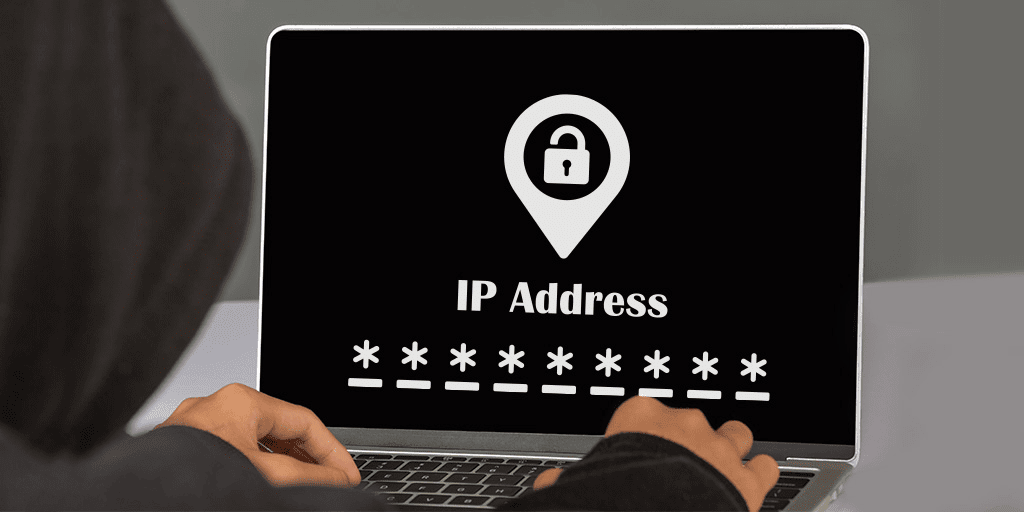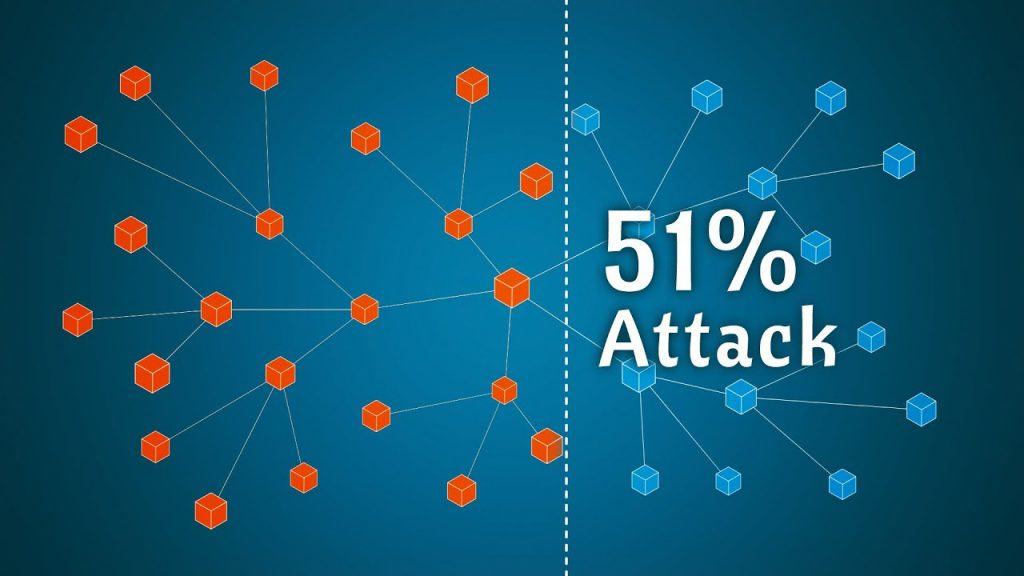
Almost every second day, we are reading headlines about hackers hacking into personal and company networks or websites tracking consumer behavior online. No wonder people are looking for ways to hide their IP addresses. But if you are not tech-savvy, the thought of hiding your IP address might get you a little worried whenever you connect to the internet.
However, you will be happy to know that there are ways to hide your IP address and improve your security. It is much easier than you think.
What is an IP Address?
Internet Protocol or IP address is the system enabling data to move across the internet. Just as your home address, it has information about your location, and is given to a device that is connected to the internet. So, every device connected to the internet will have a unique IP address.
The IP addresses are mathematically produced and assigned by the Internet Assigned Names and Numbers’ division, the Internet Assigned Numbers Authority. The address allocation isn’t random. IANA won’t provide the IP address. Rather it assigns a series of numbers to different regions.
Presently, there are two versions of the IP address, IP version 4 and IP version 6.
Why Hide Your IP Address?
Servers across the world need the IP address to send data. So, it has to be public. Whenever you visit a website, it can access your IP address. You might think what’s the problem if someone gets access to your random stream of characters? If you search, ‘Where am I?’ over the internet, you will understand the problem.
There are paid and free subscription geolocation databases matching IP addresses to a certain location. That should not be a problem if a website serves the right language, but companies and governments also have questionable motives when it comes to getting access to a location through an IP address.
What’s worse is your IP address is scattered throughout the internet as a signature. Every site you are visiting is logging your IP address. So, if a pesky advertiser or tyrannical government gets your IP address and matches it with your real identity, it can be a little dangerous.
Keeping your online activity and searches private is important when you are conducting sensitive and private research for a certain profession, such as investigative journalism or law enforcement.
How to Keep It a Secret?
There are many two methods to hide your IP address. One is to use a proxy server, and the other is to use a VPN. Both methods are efficient. But there are drawbacks of using a proxy server, making VPN an optimal choice. Another option you can use is TOR.
1. Using a Proxy Server
A proxy server sits between you and the ultimate destination on the internet. It passes data back and forth as required. As you connect through a proxy, you are primarily rerouting your traffic via some other system before banking on the target site.
So, a proxy hides your IP address by giving you its own. This way when you open a website, their server logs don’t get to know that you have been there. In case anyone checks the IP address used to login against a geolocation database, they will come across the proxy server’s location. In no way does it link the bank to your device and location.
But there is a catch. A majority of the proxy servers will not encrypt and protect the data you are sharing while connecting to an HTTP site. Sure, it is difficult for regular sites, but powerful entities, such as the government will still be able to figure out who you are, and whatever you are up to will be visible.
But there’s another problem and that is the proxies are a tad slow. You will be able to bypass geo-restrictions but that is almost useless if you are spending more time looking at a spinning wheel than watching your favorite content.
In case that is not a problem, you can use proxy servers to keep your IP address a secret.
2. Tor
You can also hide your IP address using Tor, which stands for ‘The Onion Router’. If you connect to the internet using Tor, your traffic is encrypted and will be routed through multiple servers on its way. Layers of encryption will be added at every stage. This is the reason it is called ‘The Onion Router’ as it adds layers like an onion.
Every server just decrypts enough to learn where it has to send the request. No single point journey has an idea about where the request came from.
It is a secure system and is often preferred by activities and journalists whose online activities have to be kept a secret.
3. Using a VPN
With a VPN, you can expect to get the protection you are looking for. A virtual private network or VPN works almost like a proxy server. It is a middleman between your device and the ultimate web server. You connect to a VPN server and that hides your IP address and your online activity.
But one thing that makes VPN more secure than a proxy server is that it also encrypts your traffic before it leaves your system. So, even if someone gets their hands on your real IP address, it isn’t going to help as they will only find a long string of meaningless characters.
When you use a VPN service, it will allow you to perform all activities over the internet anonymously. Thus, whether you are torrenting or playing games, your IP address remains hidden and the data encrypted. It is also possible to hide your mobile device’s IP address using a VPN for mobile.
To enjoy top-level security, you should use a VPN.
The best VPN you can use to hide your IP address is TheFastVPN. It will provide a secure and encrypted tunnel allowing online traffic to flow. Once you install this on your device, no one can get their hands on your IP address or find out what you are up to. What’s best about FastVPN is, you can install it on your macOS, Linux, Windows, Android, and iOS mobile devices. It ensures you enjoy a stable and fast connection no matter where you are.








